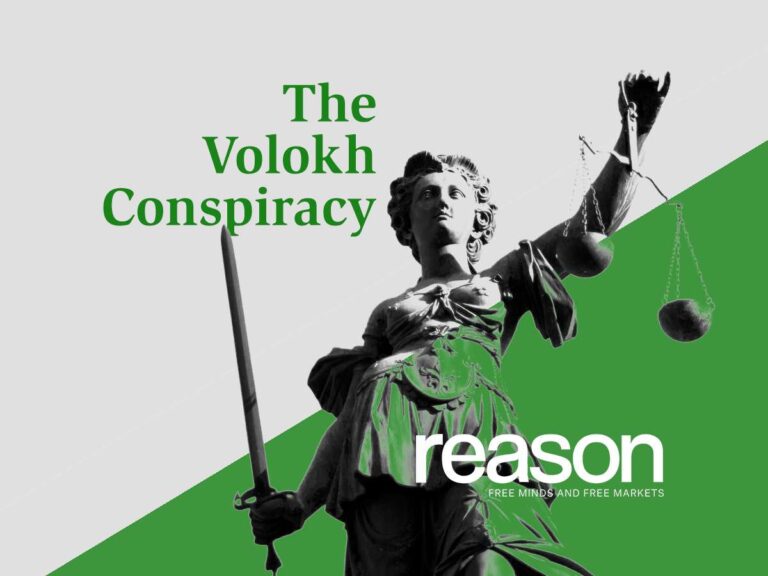Within the midst of latest campus upheavals, the portrayal of Jewish college students within the media throughout “largely peaceable” protests has sparked discussions. The narratives lined by the media spotlight the participation of Jewish college students in Shabbat dinners and Passover seders, suggesting that anti-Semitism can’t be current if Jews are actively concerned. Nevertheless, the discord inside Judaism relating to the connection between the religion and Israel raises vital questions.
Variations in interpretations of non secular teachings inside Judaism have been a longstanding problem. Not like different religions which will endure schisms when doctrines are contested, Judaism encompasses a spectrum of beliefs with out formal division. As an example, debates surrounding Judaism and abortion exemplify how divergent views exist even inside the similar religion, with various interpretations of non secular teachings.
The contentious matter of Zionism and its connection to Judaism continues to stir debate. Some Jewish college students argue that Zionism is integral to their identification, whereas others vehemently oppose this affiliation. The latest letter signed by over 500 Jewish college students at Columbia College sheds gentle on the complexity of this discourse.
The letter underscores the deep-rooted ties between Judaism and Israel, rejecting the notion that the 2 might be separated. It emphasizes the historic significance of Israel to the Jewish individuals, citing spiritual texts that reference the land and the enduring aspiration to return to their homeland. The letter asserts that Zionism embodies the precept of Jewish self-determination, difficult narratives that search to disentangle Judaism from its historic and cultural connection to Israel.
Moreover, the letter addresses the evolving nature of anti-Semitism, highlighting how Jews have been scapegoated all through historical past for societal ills. It refutes the derogatory misrepresentation of Zionism as a device to vilify the Jewish individuals, recognizing the shifting manifestations of anti-Semitism in up to date contexts.
In conclusion, it’s essential to acknowledge the nuanced views inside Judaism and have interaction in significant dialogue to bridge variations. The intricate interaction between religion, identification, and societal dynamics underscores the complexity of Jewish narratives and the continuing challenges of combating anti-Semitism in its numerous kinds.
